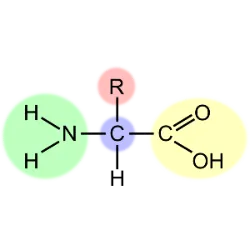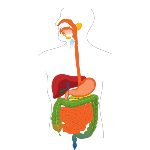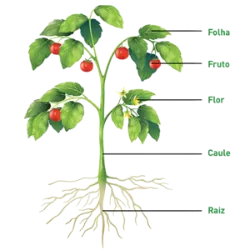Energy and Cellular Construction

The metabolism of lipids and amino acids plays a fundamental role in energy generation and cellular maintenance. Lipids, stored mainly in the form of triglycerides, undergo beta-oxidation, a process that breaks down fatty acids into acetyl-CoA to enter the Krebs Cycle, efficiently generating ATP. This mechanism is essential during periods of fasting or prolonged exercise.
Amino acids, obtained from proteins, can be used both in the synthesis of new proteins and as a source of energy. In energy metabolism, they undergo deamination, which removes the amine group, allowing their conversion into intermediates of the Krebs Cycle or gluconeogenesis. Excess amino acids can generate urea, which is eliminated by the kidneys.
Studies on these metabolic pathways are essential for understanding metabolic diseases, developing optimized diets and even promoting treatments for obesity and nutritional disorders.
Did you know?














